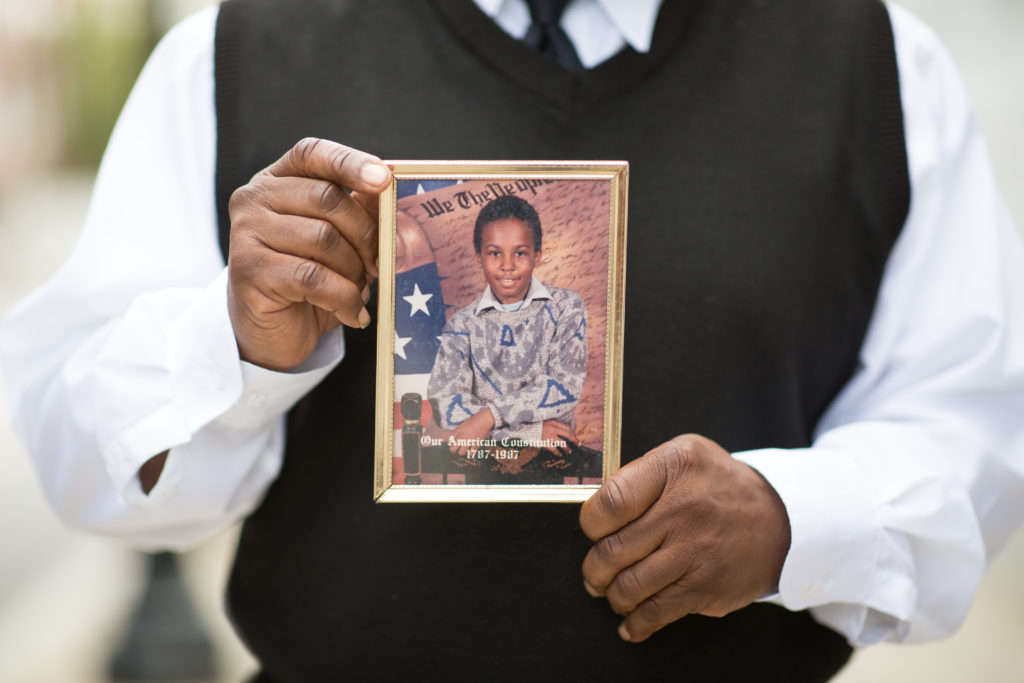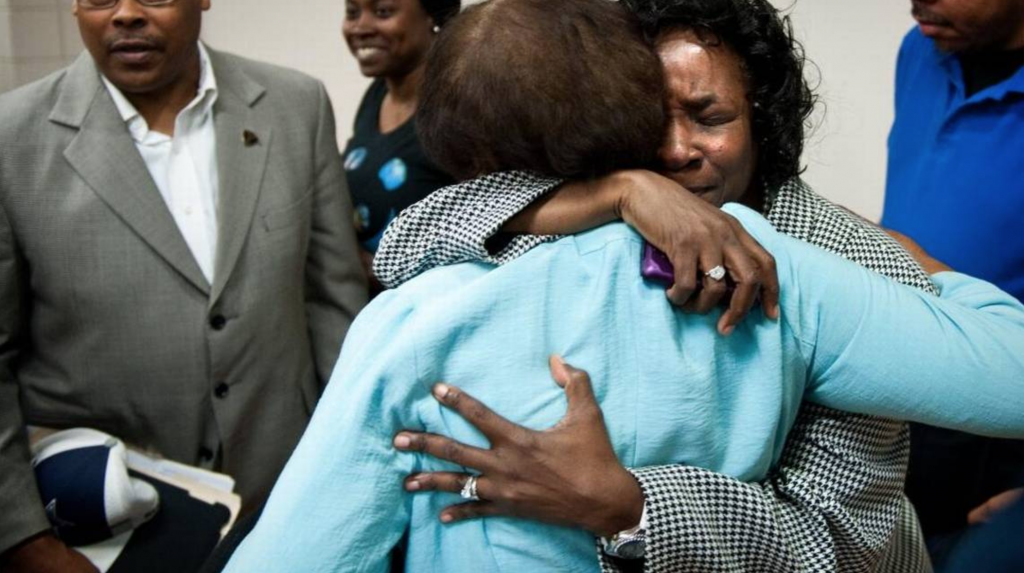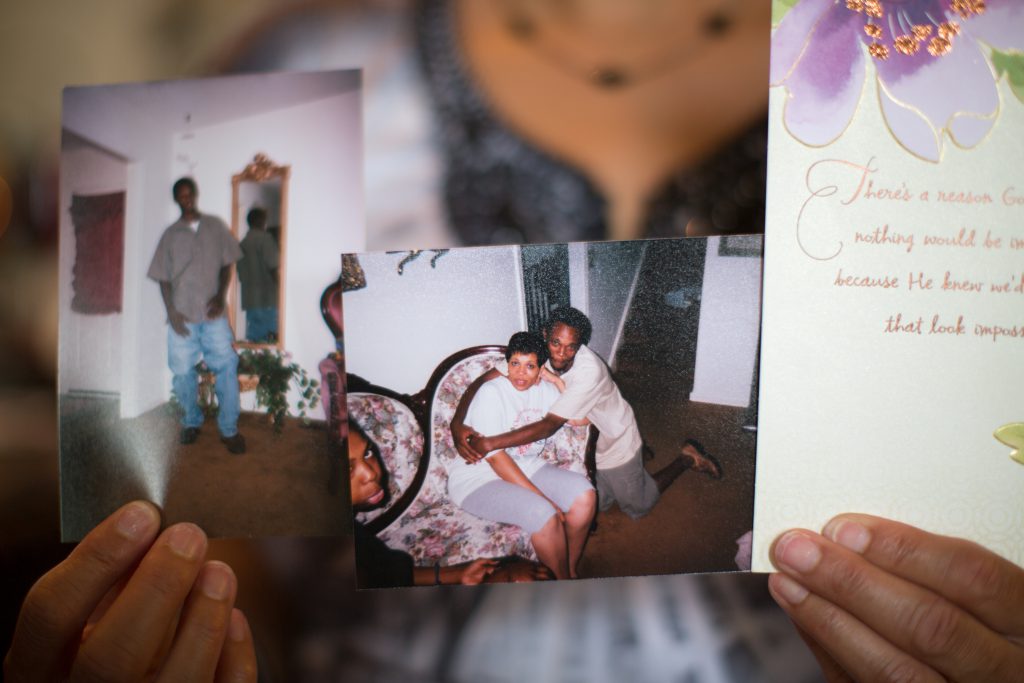Why it matters in our fight to end the death penalty

The Racial Justice Act was only the second law of its kind in the nation, and it was the first to address race discrimination in jury selection. The RJA established that no person in North Carolina could be capitally prosecuted or executed if racial bias was a significant factor in the case. The law was sorely needed in the wake of several exonerations of African-Americans wrongfully convicted and even sentenced to death by all-white or nearly all-white juries.
Sen. Floyd Mckissick
From its very beginnings, the death penalty has been a racist institution. But until the passage of the NC Racial Justice Act in 2009, there was virtually no way to address the issue of racism in the courts. Black people were frequently sentenced to death by all-white juries, and the courts turned a blind eye. See the full Racial Justice Act timeline.
North Carolina’s Racial Justice Act was the first law in the country that allowed people facing execution to bring forward comprehensive evidence of the ways that racism infected their trials and sentences. It allowed people on death row to uncover clear and compelling evidence that jurors of color were systematically excluded from their trials, as well as evidence that people convicted of murdering white victims were more likely to be sentenced to death.
People who prove discrimination in their cases can be resentenced to life without parole. So far, three men and one woman have won under the RJA and been permanently removed from North Carolina’s death row.
More than 130 people remain on death row, and most of them have made claims under the RJA that have yet to be heard. In 2013, the North Carolina legislature tried to ensure that none of them ever would be. They repealed the Racial Justice Act and attempted to invalidate all existing claims.
But in a historic 2020 decision, the NC Supreme Court said that all cases filed while the Racial Justice Act was still law had a right to be heard in court. The decision ushered in a new wave of litigation under the act, allowing key evidence of racism in death penalty trials to finally come to light.
State courts are now preparing to hear the case of death row prisoner Hasson Bacote of Johnston County. He will present evidence that race infected not just his trial, but those across North Carolina. If the courts find evidence of systemic discrimination, the Racial Justice Act could prompt a broad reckoning with the role of race in the North Carolina death penalty. The courts must answer this key question: Will North Carolina confront overwhelming evidence of racial bias in the death penalty and protect the Constitutional rights of jurors and defendants?
We believe that no one should be executed, and especially not if racism played any role in their death sentence.

The Evidence
The RJA study, conducted by researchers at Michigan State University, analyzed NC capital cases from 1990-2010. It found that prosecutors removed qualified Black jurors from capital juries more than twice as often as white jurors. The researchers controlled for factors, and the disparity was attributable only to race. It also found that people charged with murder were twice as likely to receive the death penalty if their victims were white.
In addition, people on death row found direct evidence of discrimination such as prosecutors’ notes about potential jurors’ races. Notes about Black jurors who were removed included descriptions such as “blk wino” and “thug.” They also found documents from a training session, in which NC district attorneys were taught to strike Black jurors for preposterous reasons such as their hairstyles, clothing, or body language.

The History
Black people have been denied the right to serve on juries throughout American history. Many Black men in America, in spite of their innocence, have been convicted and sentenced to death in trials with white prosecutors, white judges, and all-white juries. While citizens of color were once kept off juries by openly racist laws and policies, the discrimination is now more difficult to detect. Today, prosecutors use peremptory strikes to remove Black jurors, and are often not required to provide any explanation for why they struck those jurors.
Why It Matters
The right to a jury of one’s peers is a fundamental Constitutional right. For most Americans, serving on a jury is, along with voting, the most direct way to participate in democracy. Studies also show that diverse juries deliberate more thoroughly and are less likely to convict innocent people.
See the full Racial Justice Act timeline.
Watch the ACLU’s video, including interviews with Black citizens who were denied the right to serve on juries.
Learn more about the origins of the NC death penalty by exploring the Center for Death Penalty Litigation’s comprehensive project Racist Roots.
